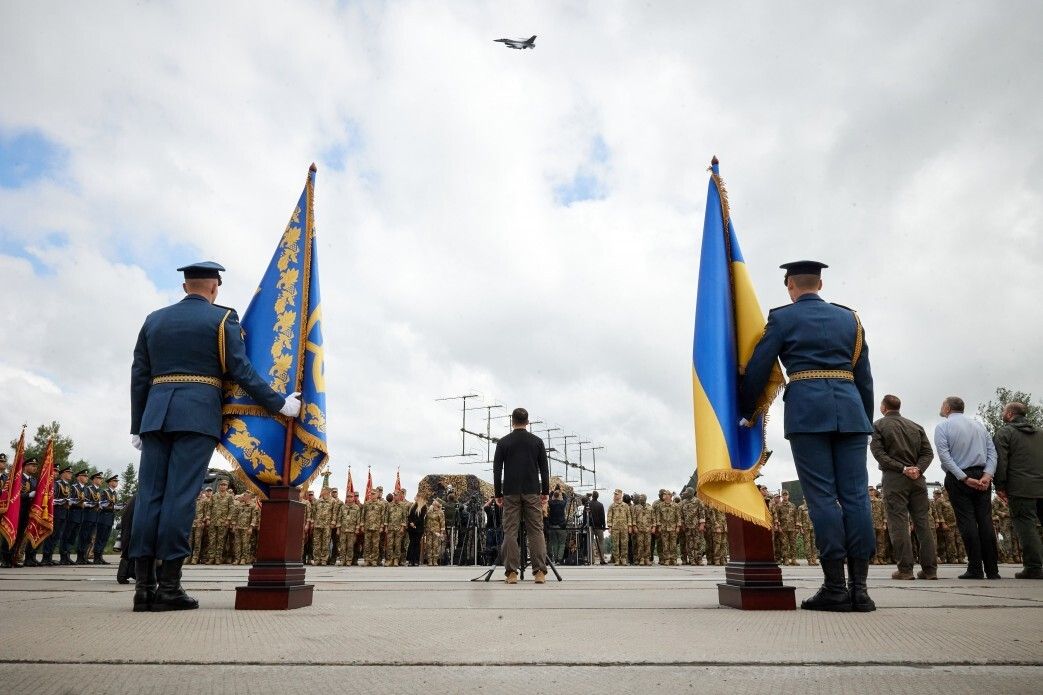After promising to quickly resolve the war in Ukraine, U.S. President Donald Trump and his top officials’ actions on Feb. 12 appeared to undermine Ukraine’s leverage in peace talks, renewing fears that his plans for a quick resolution could amount to a victory for Russia.
Trump announced he had held phone calls with both Russian leader Vladimir Putin and President Volodymyr Zelensky, saying peace negotiations would start "immediately" and a ceasefire is in the "not too distant future."
Earlier in the day, U.S. Defense Secretary Pete Hegseth said "returning to Ukraine's pre-2014 borders is an unrealistic objective," and that NATO membership for Ukraine is not an option.
By conceding leverage points before negotiations have formally started, Trump’s team has "totally screwed their own negotiating position," Timothy Ash, an associate fellow at the Chatham House’s Russia and Eurasia Program, told the Kyiv independent.
"Why, even before negotiations start, would you give away your negotiating leverage?" Ash said. "We might ultimately agree that NATO is not appropriate at this time, or maybe never, but it's a card that Trump could have used in negotiations. Similarly with territory. Trump could have played hardball."
"It seemed like a rookie error," Ash added.
‘We cannot trust our partners’
For many in Ukraine, the U.S. voicing concessions on territory and NATO membership — before conducting any formal negotiations involving Ukraine — amounted to a betrayal by a key ally.
"This means that we cannot trust our partners," said Petro Andryushchenko, former Mariupol mayoral advisor and head of the Center for the Study of Occupation.
"This is exactly what the president (Zelensky) means when he says, ‘If we are not accepted into NATO, we have to build NATO here.’"
“I think it destroys the whole basis of democracy and the building of the world after the Second World War.”
Territorial concessions are particularly devastating for those living in difficult conditions under occupation, Andryushchenko said, as they will have to face the idea that they will never rejoin Ukraine.
Roughly one fifth of Ukraine’s territory is occupied by Russia, with Russian forces still advancing slowly in eastern Ukraine. Ukrainians living under occupation experience "widespread" human rights violations, the UN has found, including threats, unlawful imprisonment, and torture.
"Imagine being under occupation, helping to believe in liberation, helping with your every step, your life, reporting information about the presence of Russian troops, their behavior — important things that bring us closer to victory. And now you are told that no, you are not needed, you are there forever," he said.
"I think it destroys the whole basis of democracy and the building of the world after the Second World War."
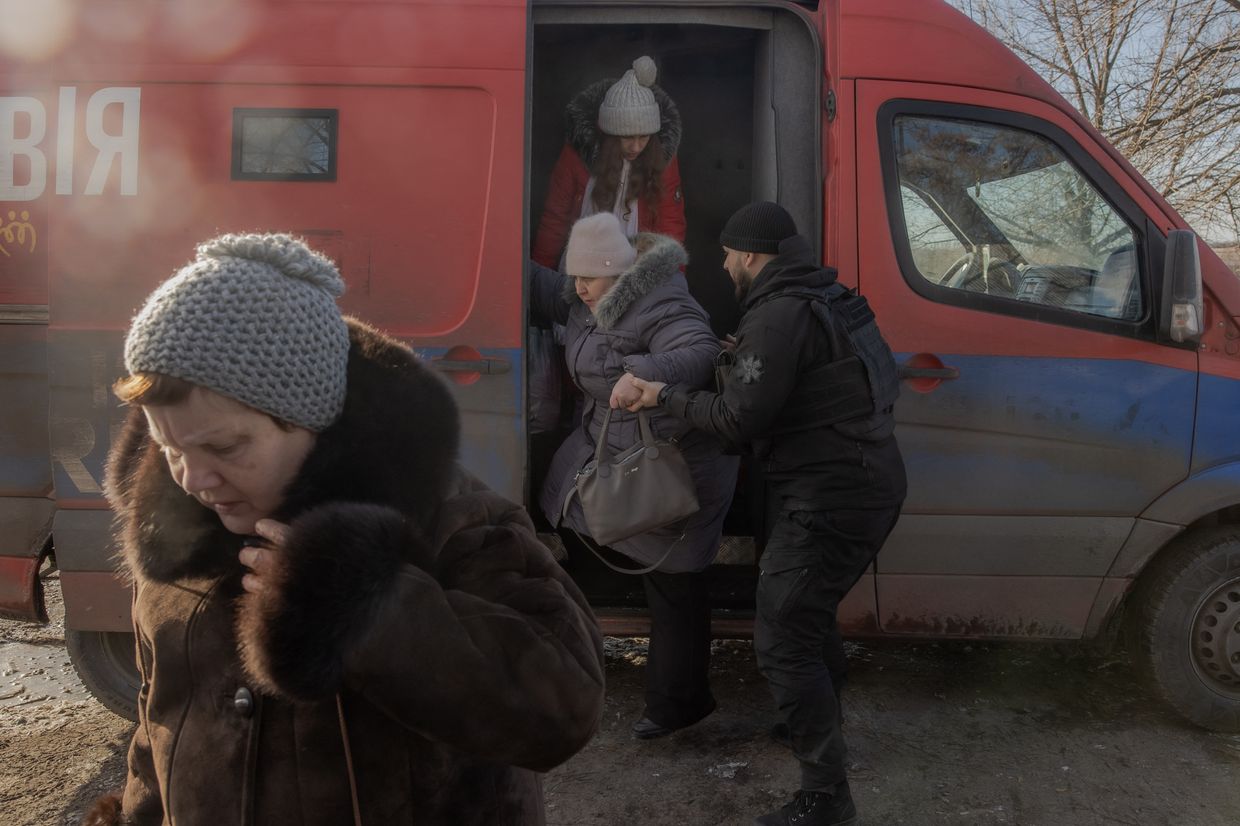
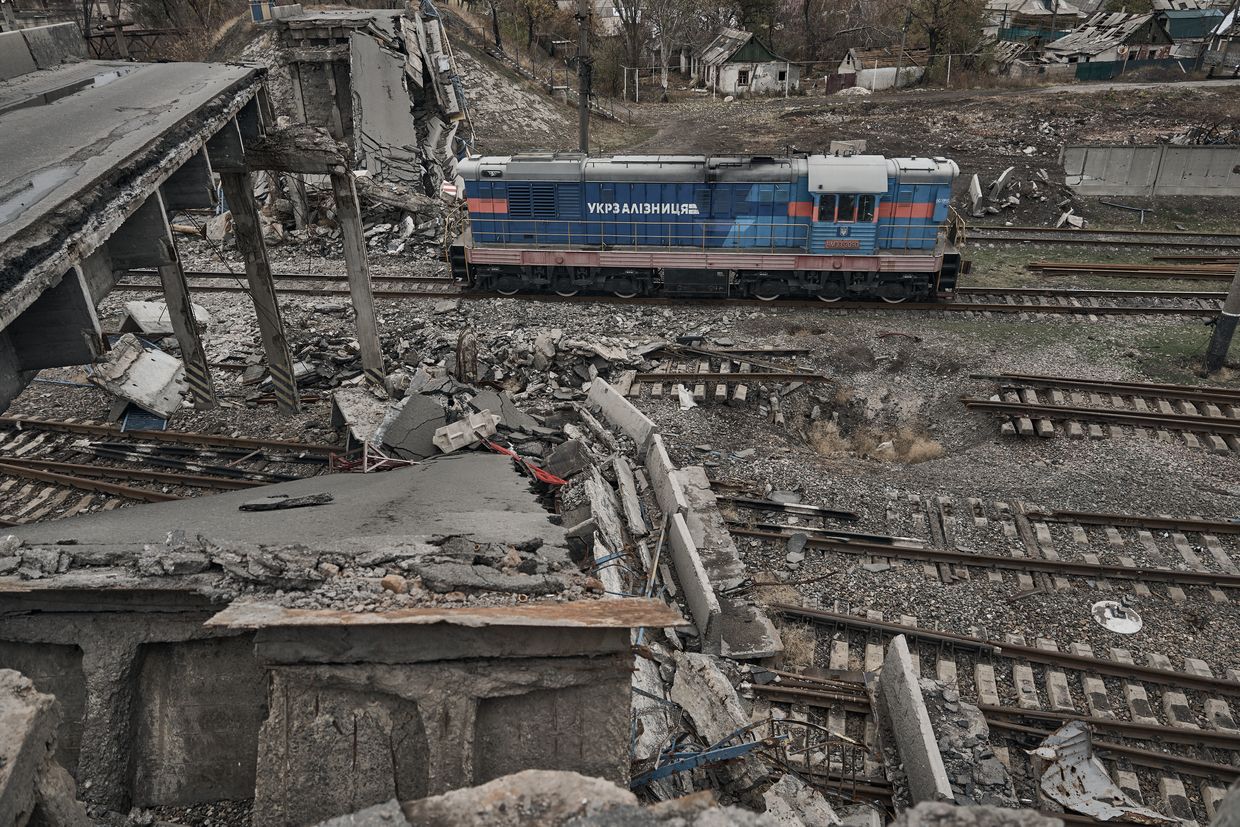
Since taking office, Trump has had significant military, financial, and diplomatic options at his disposal that could be used against Russia to extract better terms for Ukraine.
Oleksandr Merezhko, a top member of parliament from President Volodymyr Zelensky's party, disputed Hegseth’s comment that restoring Ukraine’s pre-war borders was "unrealistic," calling the prospect "absolutely realistic" if more were done to pressure Russia.
Trump himself had earlier floated the idea of applying high tariffs and sanctions to Russia’s struggling economy if a peace deal was not achieved.
"To (restore the borders), Ukraine needs to get enough contemporary weaponry which would allow it to have, at a minimum, parity with Russia on the battlefield. Additionally, the use of serious financial sanctions against Russia’s banking and financial system could have paralyzed the Russian war machine," Merezhko said.
"Regrettably, we don’t see that yet."
Over the heads of the Europeans and Ukrainians
Not all were surprised by Hegseth’s comments. John Foreman, the former British ambassador to Moscow, told the Kyiv Independent that they revealed an "ultra-realist approach."
"The Americans aren’t prepared to put NATO troops into Ukraine. We know that, because if they had, they would have done it in 2022. And de facto, Ukraine’s going to lose land as part of any peace deal, because Ukraine can’t push the Russians out," said Foreman.
"I can see why it’s gone down badly in Kyiv, and amongst some European capitals. But to be honest, you shouldn’t be surprised."
The phone call with Putin is still significant, Foreman noted, in terms of signalling how the discussions are being carried out — with Trump speaking directly to Putin without other American allies present.
President Joe Biden previously cut all direct communication with Putin after the 2022 invasion.
"The Russians have got what they really wanted as a start — direct conversation with America, over the head of the Europeans, and over, perhaps, the head of the Ukrainians," said Foreman.
"If there is an agreement made behind our backs, it simply will not work."
European leaders — suddenly left out of discussions after nearly three years of close involvement with the U.S. on Ukraine-related issues under President Joe Biden’s administration — scrambled to react to Trump’s comments.
Kaja Kallas, the EU's top diplomat, said: "Why are we giving (Russia) everything they want, even before negotiations have started? … If there is an agreement made behind our backs, it simply will not work."
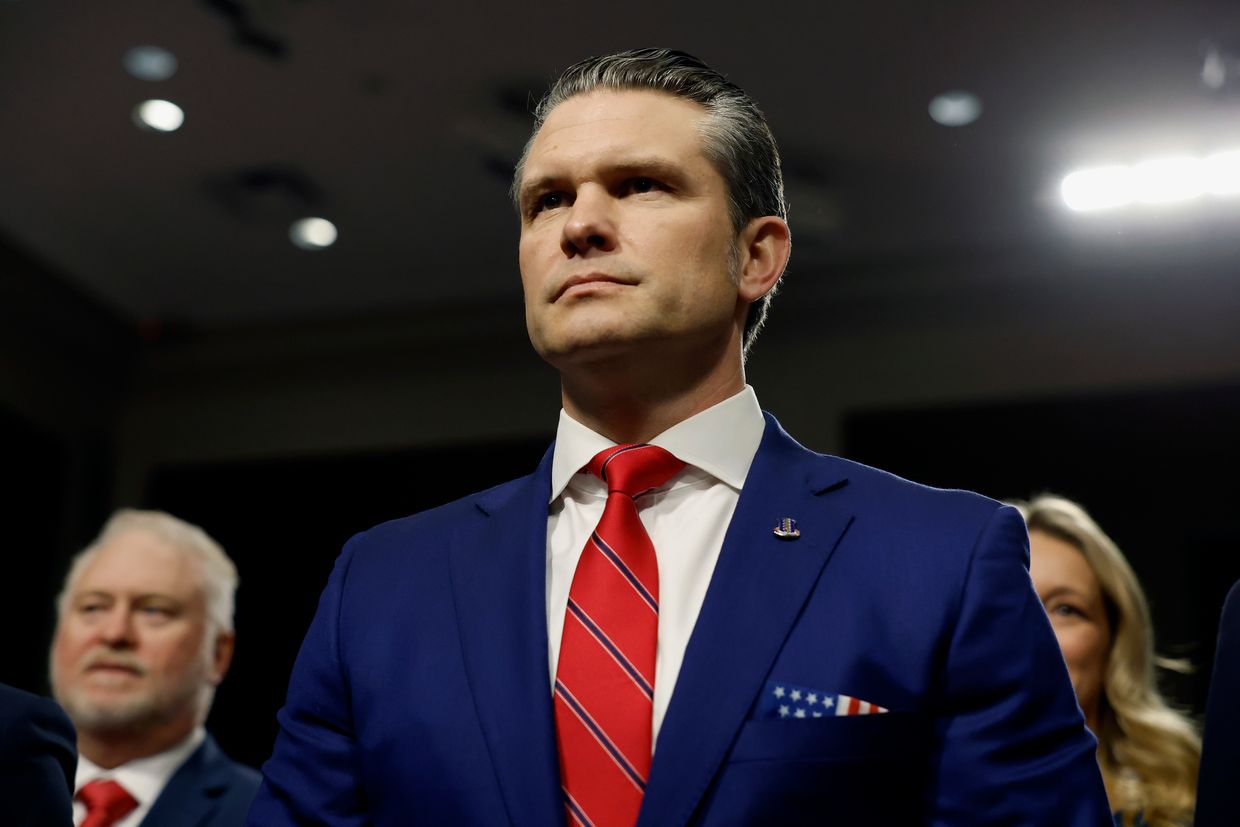
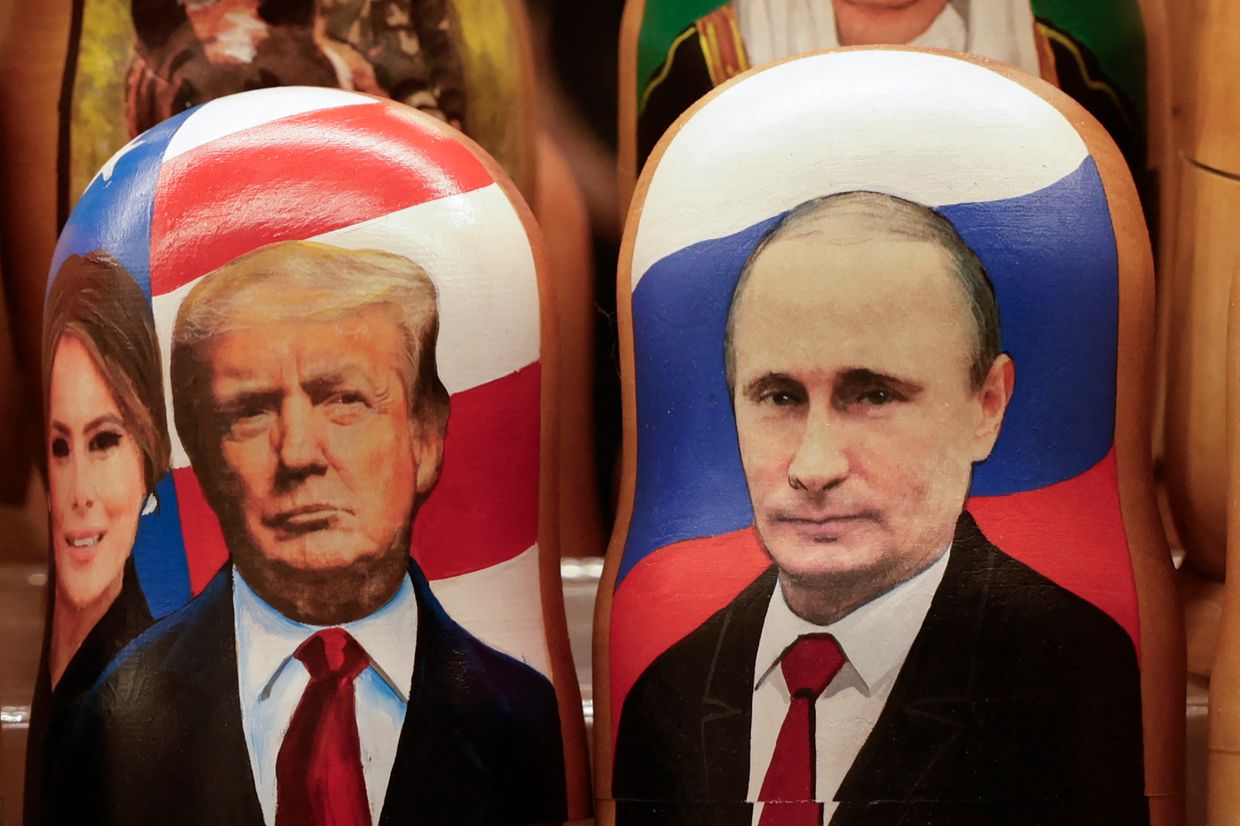
European officials are concerned that they might be left to shoulder the costs of Ukraine’s post-war reconstruction and security after being excluded from the discussions between Trump and Putin, the Financial Times reported on Feb. 13.
Six European countries released a statement with Ukraine and the European Commission following Trump’s comments, that read: "Our shared objectives should be to put Ukraine in a position of strength. Ukraine and Europe must be part of any negotiations."
The statement also committed to Ukraine’s independence and territorial integrity. Germany, France, the U.K., Poland, Italy, and Spain signed the statement.
'Trump has effectively surrendered'
Within the U.S. as well, Trump and Hegseth’s comments provoked backlash from some officials.
U.S. Senator Richard Blumenthal called Hegseth’s message a "surrender and betrayal" of Ukraine, while Senator Adam B. Schiff also condemned Hegseth’s comments and criticized Trump for calling Putin before he spoke with Zelensky.
John Bolton, a former national security adviser to Trump, told CNN: "Trump has effectively surrendered to Putin before the negotiations have even begun."
The terms quoted by Hegseth "could have been written in the Kremlin," Bolton added.
Hegseth pushed back on claims that a swift negotiation would be a “betrayal” at a press conference in Brussels, the Guardian reported. “There is no betrayal — there is a recognition that the whole world and the U.S. is invested in peace, in a negotiated peace,” he said.
Trump’s calls to Putin and Zelensky have nonetheless set the stage for talks to end the Ukraine war, signaling a new phase after nearly three years of war. No negotiations have taken place since the war’s early months.
Zelensky is expected to meet with several top U.S. officials in the next few days at the Munich Security Conference from Feb. 14-16. According to the President’s Office, Trump's Ukraine and Russia envoy Keith Kellogg and Vice President JD Vance are among those he is planning to meet.
Kellogg is also scheduled to visit Ukraine on Feb. 20. Trump has said he may meet with Putin in Saudi Arabia and plans to meet Zelensky soon, though he did not provide details.
